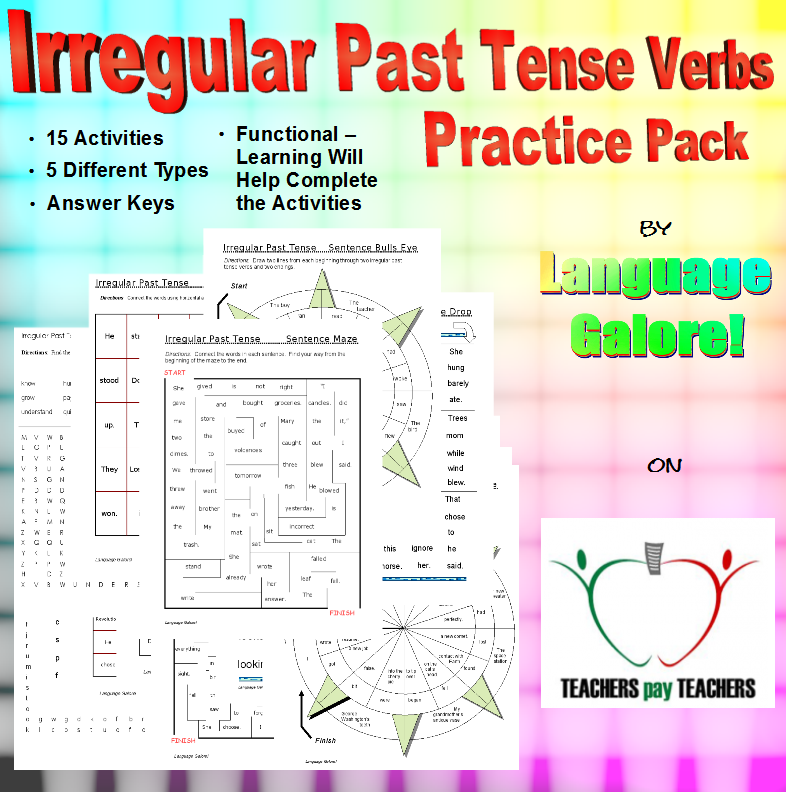Tell me… Use comparisons familiar to student to ask comparing questions. For example,
Comparatives:
- Tell me what’s bigger: a car or a bike. Expected answer: (A car is bigger than a bike.)
- Tell me what’s quieter: a library or a gym. (A library is quieter than a gym.)
- Tell me what’s colder: Alaska or Florida. (Alaska is colder than Florida.)
- Tell me what’s drier: a desert or a jungle. (A desert is drier than a jungle.)
- Tell me what’s more expensive: a house or a candy bar. (A house is more expensive than a candy bar.)
- Tell me what’s more delicious: liver or spaghetti. (Spaghetti is more delicious than liver.)
Superlatives:
- Tell me who the tallest person in your family is. My cousin Joe is the tallest person in my family
- Tell me what the biggest planet is. Jupiter is the biggest planet.
- Tell me who your best friend is. Priscilla is my best friend.
- Tell me the most nutritious food that you can think of. Broccoli is the most nutritious food that I can think of.
Discuss world records, such as those in the Guinness Book of World Records. For example, “Where is the biggest piece of string in the world? Who is the best selling singer of all time?
Ask “why” questions. Use both questions that are familiar to student as well as ones that are personally relevant. Require the use of comparatives and superlatives. For example: “Why don’t you like classical music instead of rock and roll?” “Because rock and roll is better than classical.” “Why can’t your little brother beat you in a race?”
Go on a scavenger hunt. Write a list of target comparatives and/or superlatives to find. See who can get the most. For example, Find: the longest hall, someone taller than me, something heavier than a desk, the most confusing poster, etc.
Discuss “what ifs” using comparatives and superlatives. These are situations where things could be different What if pencils were longer than cars? What if hammers were softer than tissue paper?








Leave a comment